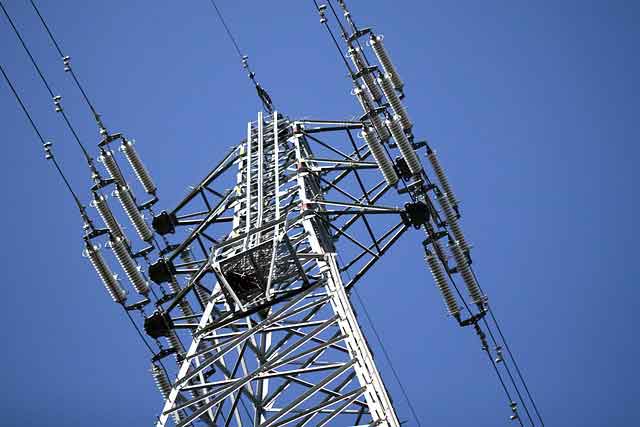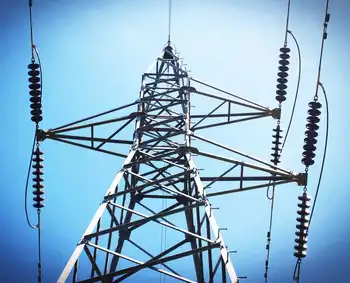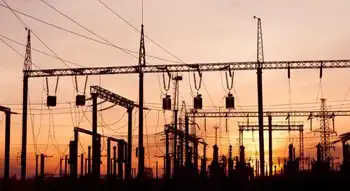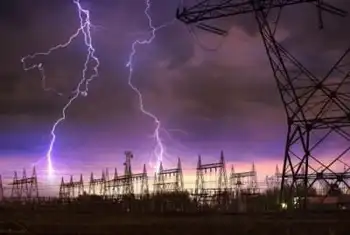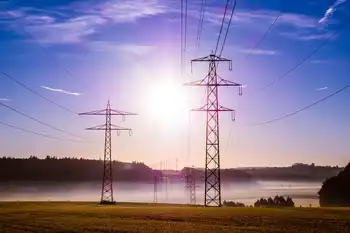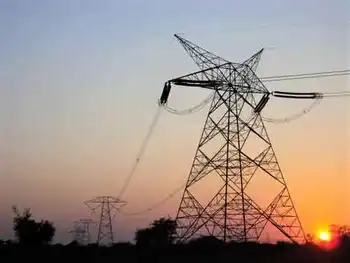Iran bars 38 IAEA nuclear inspectors
By Reuters
High Voltage Maintenance Training Online
Our customized live online or in‑person group training can be delivered to your staff at your location.

- Live Online
- 12 hours Instructor-led
- Group Training Available
The rejected officials are on a list of potential inspectors drawn up by the International Atomic Energy Agency to visit and monitor Iran's nuclear facilities.
"The act of rejecting some inspectors is legal and in accordance with the agency's regulations," Foreign Minister Manouchehr Mottaki told the official Islamic Republic News Agency. He said others on the UN nuclear watchdog's list remain eligible, but did not explain how Iran decided which inspectors to bar.
The IAEA "submits a long list of inspectors to member countries and the countries have the right to oppose the visit by some inspectors," Mottaki said.
Last month, the UN Security Council imposed limited trade sanctions on Iran over its refusal to cease uranium enrichment, a process that can produce the material for nuclear energy or bombs.
Days later, the Iranian parliament passed a motion that obliged the government to revise its co-operation with the IAEA, but gave it a free hand to determine the steps to be taken.
IAEA spokeswoman Melissa Fleming and other agency officials did not immediately return after-hours calls from The Associated Press.
The United States rebuked Iran for the move. State Department spokesman Sean McCormack said it was "another example of the Iranians trying to dictate the terms to the international community, in this case, the IAEA."
The United States and some of its allies accuse Tehran of trying to develop nuclear weapons. Iran denies this, saying its program is only to produce nuclear energy.
Iranian hardliners had urged the government to respond to sanctions by abrogating the Nuclear Non-proliferation Treaty, the agreement under which the inspections are held.
Analysts said the decision to bar a limited number of inspectors appeared to be a measured retaliation.
"Iran is carefully calibrating its response, saving harsher measures for a further tit-for-tat response to the next UN Security Council resolution," said Mark Fitzpatrick, an Iran expert at the International Institute for Strategic Studies.
When the Security Council imposed sanctions on Dec. 23, it gave Iran 60 days to cease enrichment or face the likelihood of additional penalties.
Fitzpatrick said the decision to bar some inspectors was largely ``a symbolic act of defiance."
"The IAEA has about 200 inspectors it could send to Iran, so stopping 38 of them will not impede its ability to carry out inspections, at least in the short term," he said. The move ``demonstrates Iran's unwillingness to accept the UN Security Council mandate that it suspend enrichment."
The IAEA last visited Iranian nuclear facilities earlier this month when two inspectors came.





